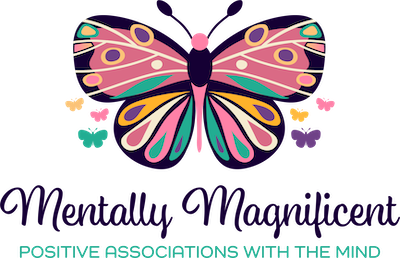Let’s talk about storytelling. It’s something that’s been used in cultures around the world to teach lessons, share history, and connect people. Particularly in African cultures, storytelling isn’t just for fun—it’s a serious tool for passing down wisdom and values from one generation to the next.
Why Stories Matter
Stories do more than entertain. They have the power to heal and help us grow. They let us see life from different perspectives and help us make sense of our own experiences. When it comes to healing from trauma, the stories we tell are crucial. Research in narrative therapy shows that the way we frame our life stories can actually change the way we think and feel about our past.
How Storytelling Helps Us Heal
- Changing Our Minds: When we tell our stories, we get a chance to lay out the events of our lives and maybe see them in a new light. This can change how we understand these events and lessen their impact on us.
- Connecting with Others: Sharing our stories helps us connect with others who might have gone through similar things. This can make us feel less alone and more understood.
- Building Strength: Each time we share our struggles and how we’ve overcome them, we’re reminding ourselves of our resilience. We’re reinforcing our ability to handle challenges.
The Stories We Tell Ourselves
Here’s where it gets personal. The stories we tell ourselves about who we are can really shape our lives. Growing up in a home with domestic abuse and dealing with bullying at school led me to tell myself stories that weren’t very empowering. I used to believe I was alone, weak, or unworthy because of these experiences.
Taking Back Our Stories
It’s important to realize we can change these narratives. We don’t have to stick with the stories that bring us down. Here’s how we can start changing the narrative:
- Question Your Story: Think about the negative stories you’ve been telling yourself. Where did they come from? Are they really true?
- Look for Other Angles: Try to see your past from other perspectives. What strengths did you rely on to get through tough times? Recognize your growth.
- Write Your Future: Decide what kind of story you want to tell moving forward. Focus on goals and how you want to feel. Start telling yourself that story instead.
Wrap-Up
Storytelling isn’t just about keeping history alive; it’s about creating our future. By understanding and reshaping our stories, we can turn our lives around and start fresh chapters.
So, think about the stories you’re telling about your own life. Are they helping you or holding you back? Remember, you’re the author here. You can always start a new chapter.









